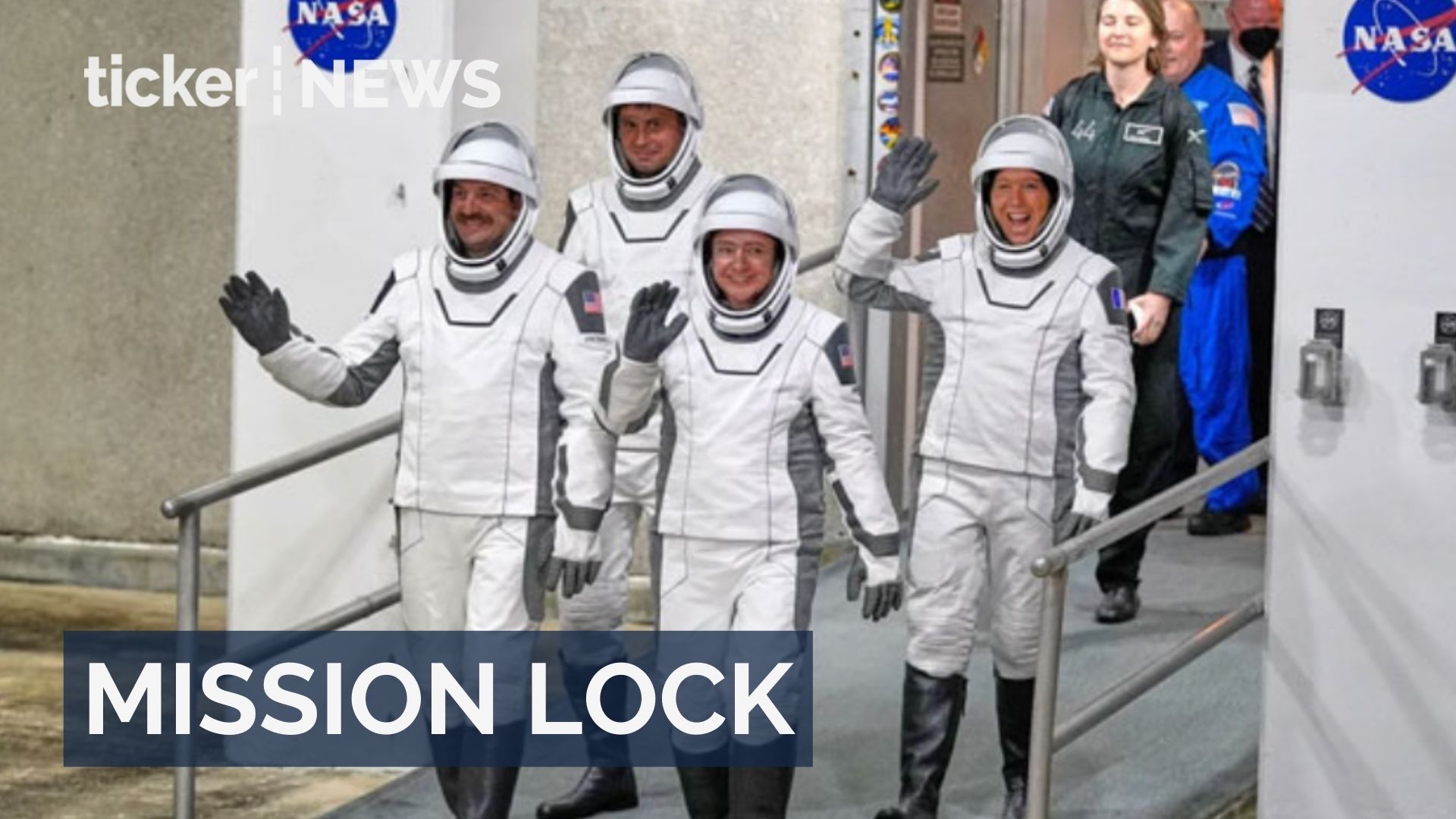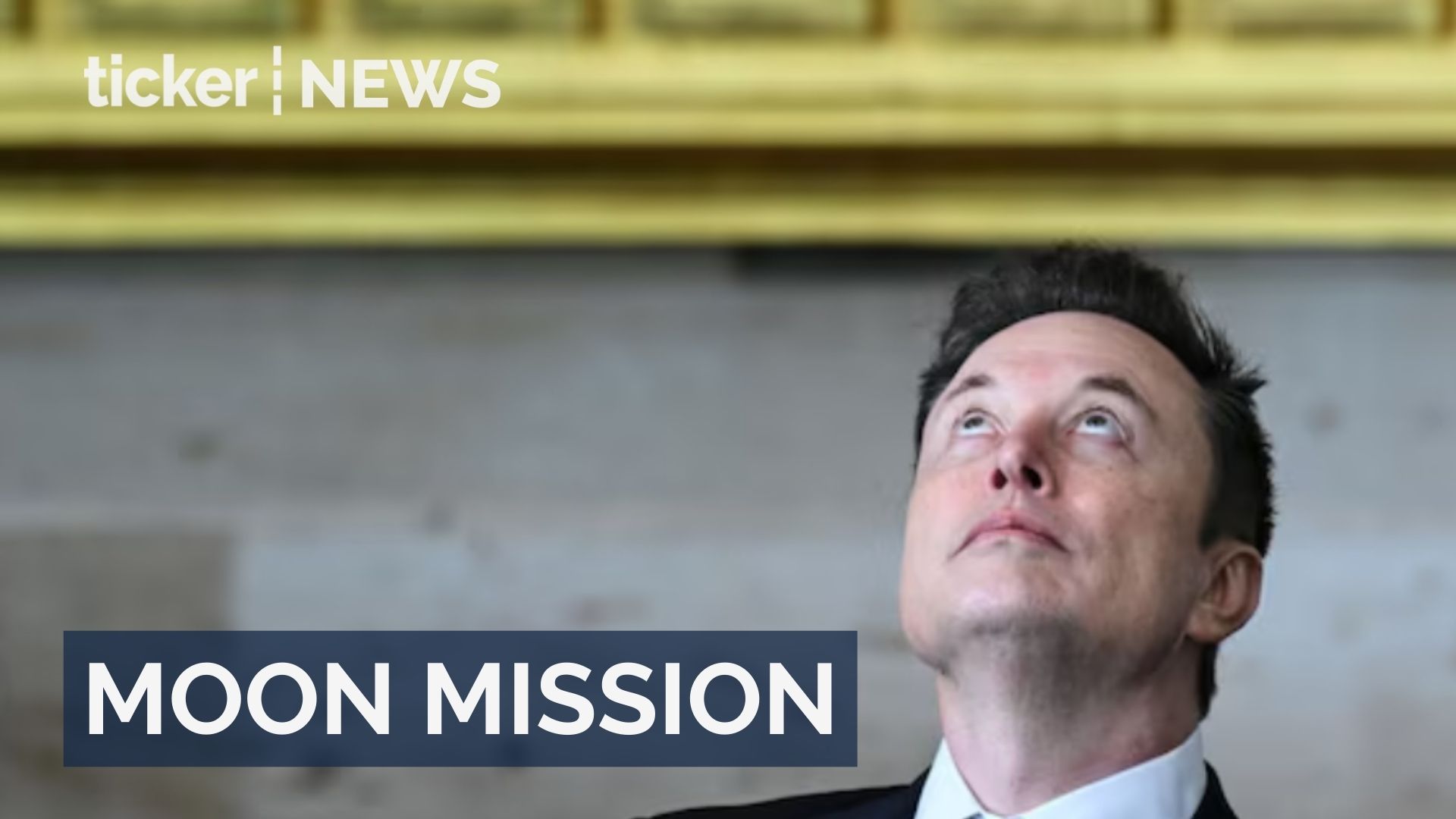Tech
OpenAI under fire over EU data privacy rules for young users

Tech
Crew-12 astronauts arrive at the International Space Station
Four astronauts aboard SpaceX’s Dragon Freedom join the ISS for eight months of research and experiments in orbit.
Tech
Ariane 64 takes flight carrying Amazon’s broadband satellites
Ariane 64’s maiden launch from French Guiana carries 32 Amazon satellites, starting 18 missions to enhance global broadband access.
Tech
SpaceX shifts focus to Moon with ambitious Lunar City plans
Elon Musk shifts SpaceX focus from Mars to a 2027 Moon landing, merging with xAI for AI satellite networks.
-



 Leaders4 days ago
Leaders4 days agoUAE and Saudi Arabia lead MENA’s gaming economy
-

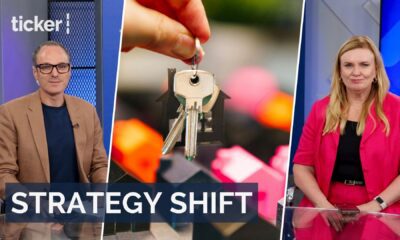

 Shows10 hours ago
Shows10 hours agoReal estate insights: Technology changes and trust remain
-



 News3 days ago
News3 days agoRussia bans WhatsApp and promotes state-backed messaging app
-

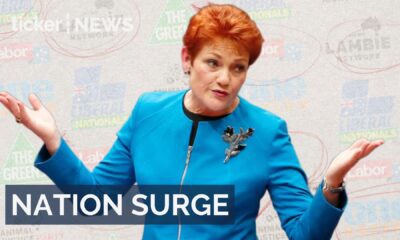

 News7 hours ago
News7 hours agoOne Nation matches coalition as Liberal backing slides
-

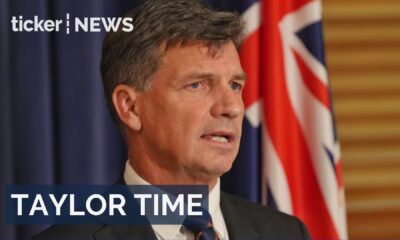

 News3 days ago
News3 days agoAngus Taylor elected Liberal leader after decisive ballot victory
-



 Tech7 hours ago
Tech7 hours agoCrew-12 astronauts arrive at the International Space Station
-



 Ticker Views3 days ago
Ticker Views3 days agoRight turn ahead. But where are the Liberals really going?
-



 Money3 days ago
Money3 days agoWall Street tumbles as tech stocks face AI disruption fears



